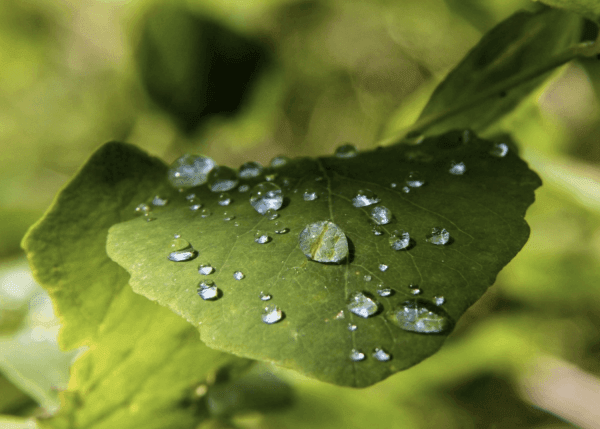In a warmer world, plants could consume more water than they currently do, leaving less for human consumption and activities, according to a new study published in the journal Nature Geoscience. This future shortage is despite an increase in precipitation in places like the United States and Europe.
As carbon dioxide gathers in the atmosphere, plants have the ability to photosynthesize the same amount while partially closing the pores on their leaves, meaning less plant water loss to the atmosphere and more water left in the land. As a result, scientists have long expected that an increase in CO2 concentrations would lead to more freshwater availability.
But the new research, led by scientists at Dartmouth College and the Lamont-Doherty Earth Observatory at Columbia University, found that as global temperatures increase, growing seasons are becoming longer, lengthening the time that plants have to grow and consume water. Ultimately, this could leave less for the land, and less for human use.
Read more at Yale Environment 360
Image via Yale Environment 360


